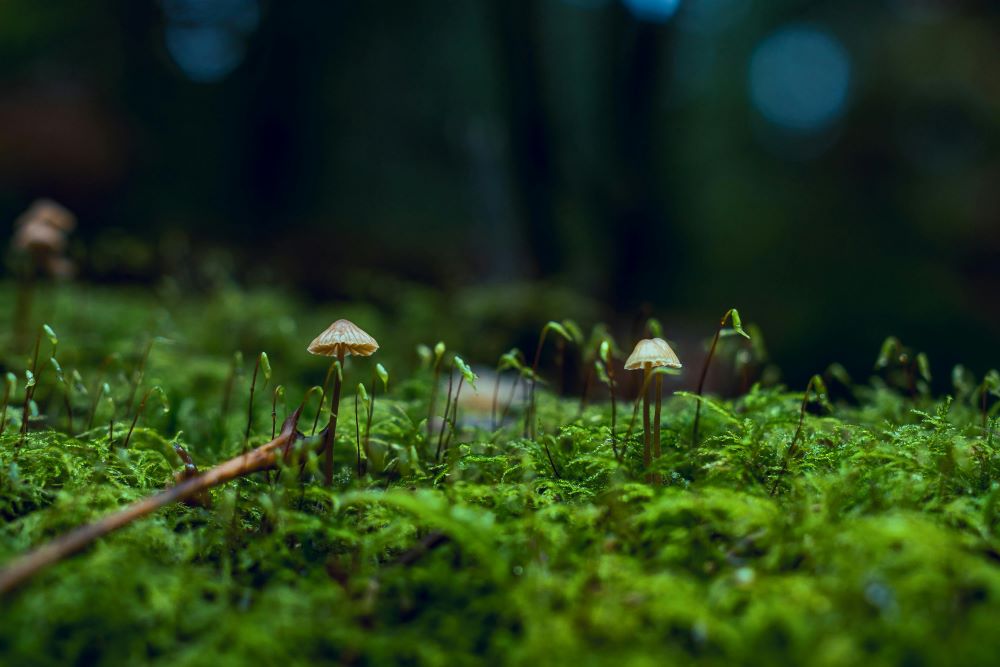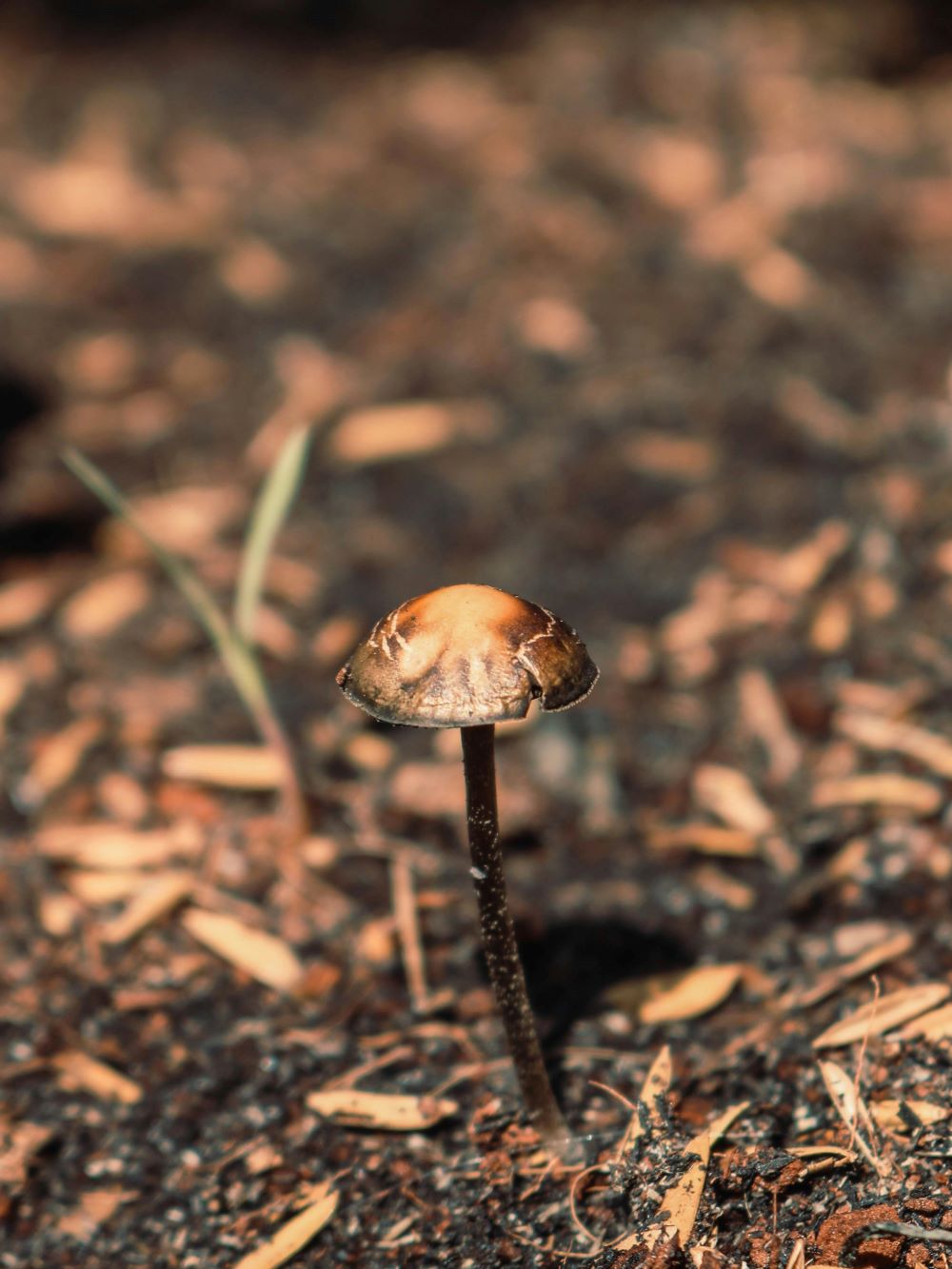Escitalopram likely the safer bet (for now). But psilocybin proves to be a viable option.
Recent research published in The BMJ has shed light on the potential of high-dose psilocybin, the active compound in magic mushrooms, as an alternative to escitalopram for treating depression. The study suggests that psilocybin might be as effective as escitalopram, with clinically comparable results.
As ketamine has somewhat stolen the spotlight as of late as a viable alternative to traditional methods for tacking treatment-resistant depression, and the world has become acutely aware of the drug’s risks following the untimely death of Friends star Matthew Perry, scientists have been busy in the background determining whether psilocybin is a safer option.
Psilocybin is a naturally occurring psychedelic found in certain species of mushrooms commonly referred to as “magic mushrooms.” It is widely known for its hallucinogenic properties, which cause changes in perception, mood, and cognitive processes. When ingested, psilocybin is converted into psilocin, the active form that interacts with serotonin receptors in the brain. This interaction can lead to visual and auditory hallucinations and enhanced emotional experiences.
Psilocybin has long been used in various cultural and spiritual practices, and recent research has explored its potential to treat depression, anxiety, and posttraumatic stress disorder (PTSD). Despite its promising applications, psilocybin remains a controlled substance in many regions.

Escitalopram, on the other hand, is a prescription medication classified as a selective serotonin reuptake inhibitor (SSRI), commonly used to treat major depressive disorder (MDD) and generalized anxiety disorder (GAD). It works by increasing the levels of serotonin, a neurotransmitter associated with mood regulation, in the brain. By inhibiting the reuptake of serotonin, escitalopram use can simultaneously elevate mood while reducing anxiety.
The new systematic review examined the results of various clinical trials that previously compared high-dose psilocybin with escitalopram, as well as made use of placebo treatments. The findings indicate that high doses of psilocybin could offer similar antidepressant effects to escitalopram, though with a small effect size.
The analysis specifically included data from 15 trials involving 811 participants treated with psychedelic drugs, and five trials with 1,968 participants treated with escitalopram. Both treatments were reviewed for their ability to reduce symptoms of severe depression. The trials measured outcomes using the Hamilton Depression Rating Scale (HAMD-17), which is a commonly used tool for evaluating depressive symptoms.
Results showed that high-dose psilocybin had a small but statistically significant effect compared to the placebo. This effect was similar to that of escitalopram, suggesting that psilocybin may be a plausible option.
The review also examined the safety profiles of both treatments. It found that neither high-dose psilocybin nor escitalopram was associated with a higher rate of severe adverse events compared to the placebo, and they didn’t find any major differences in hospitalization rates or suicide attempts.
Overall, the team concluded that while psilocybin seems to be a useful tool in combating symptoms in treatment-resistant patients, more research is needed to further evaluate these initial results and determine safety levels. For now, the drug remains a potential option. With results comparable to escitalopram, a drug that has been on the market for a long time, the latter seems to be the safer solution.
Sources:
High dose psilocybin shows similar antidepressant effects to escitalopram


Join the conversation!